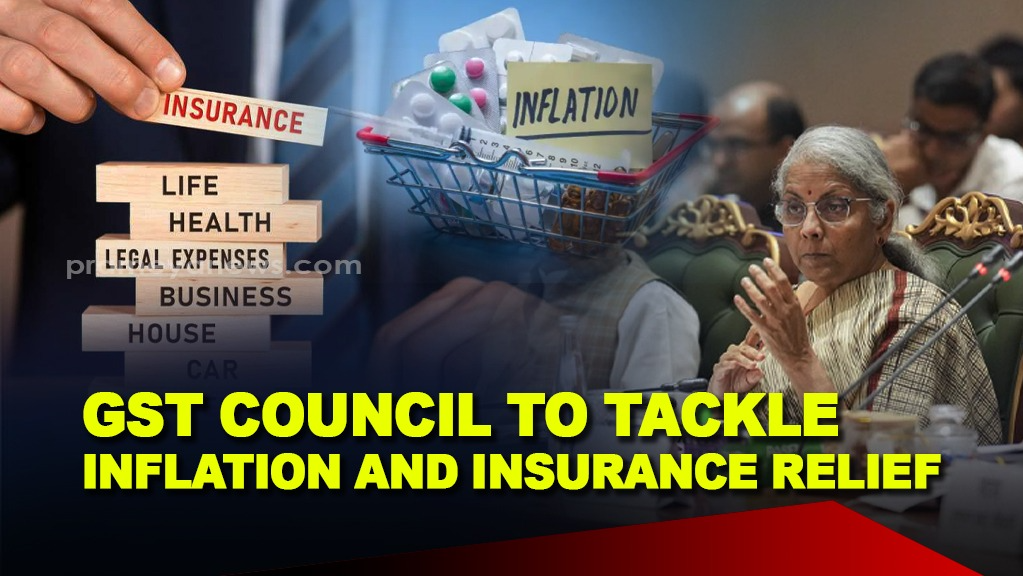

As India gears up for the Union Budget 2024, the GST Council is set to convene in December for a crucial meeting that will shape the nation's fiscal landscape. This gathering, strategically aligned with Finance Minister Nirmala Sitharaman's pre-budget consultations with state counterparts, will tackle a range of pressing economic issues, from soaring food inflation and unemployment to rural job creation and infrastructure investment.
The convergence of GST policy discussions and budget preparations promises a dynamic interplay of priorities, with potential implications for businesses and consumers across various sectors. Let's delve into the key agenda items and their potential ramifications.
Insurance Relief on the horizon:
One of the most anticipated outcomes of the GST Council meeting is potential tax relief on health and life insurance premiums. Currently taxed at 18 percent, these premiums can significantly burden policyholders, particularly senior citizens and those seeking essential financial protection.
These exemptions, if implemented, could provide much-needed financial relief to individuals and families, potentially boosting insurance penetration and promoting financial security.
Luxury goods and essentials in focus:
The GST Council is also expected to review rate adjustments on both luxury goods and essential commodities.
Balancing revenue and relief:
The GST Council faces the delicate task of balancing revenue generation with providing relief to specific sectors. The potential revenue loss from insurance premium exemptions, estimated at around Rs 200 crore, is expected to be offset by increased GST on luxury goods and other revenue-enhancing measures.
Pre-Budget consultations: Setting the stage
The GST Council meeting will coincide with pre-budget consultations with state finance ministers. These discussions will focus on critical economic challenges, including:
Impact on the Business Landscape:
The decisions taken at the GST Council meeting and the subsequent budget announcements will have far-reaching implications for the Indian business landscape.
Balancing act:
The GST Council's decisions will play a crucial role in shaping India's economic trajectory. By carefully balancing revenue considerations with the need to provide relief and stimulate growth, the government can create a more inclusive and sustainable economic environment for all stakeholders.
DISCLAIMER: This brief is based on information from publicly available sources and reflects the author's interpretation of the topic and do not reflect Prameya's or Prameya News7 editorial stance.